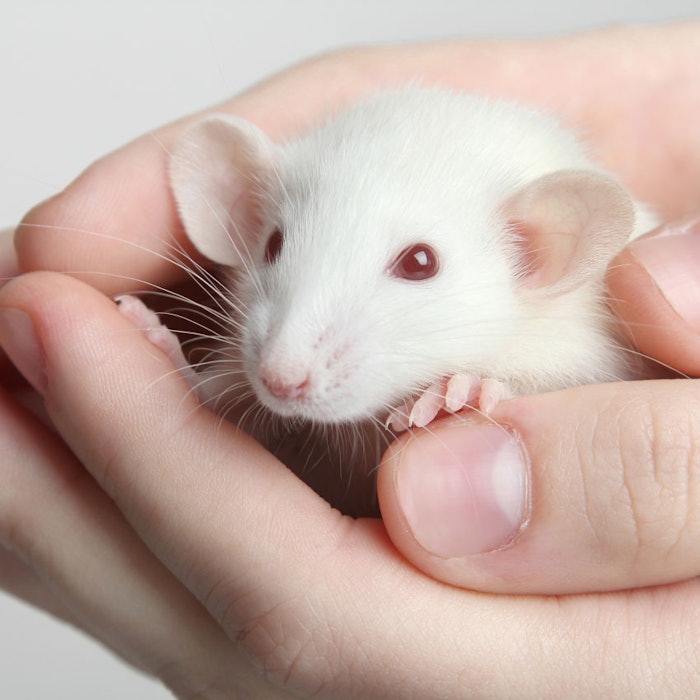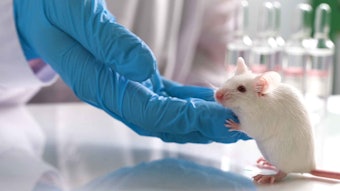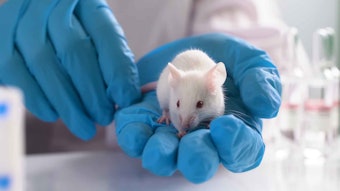
Bans and other legal proposals to move away from animal testing are not news to the personal care industry. In recent years, for example, countries including China, Turkey, South Korea and Australia have announced their plans to follow in this direction.
As such, efforts have been directed at developing non-animal test assays. And while some alternatives have been identified, not all animal tests are easily replaced; skin sensitization is one of these.
Fortunately, a new study published in Toxicology In vitro describes a skin sensitization test based on non-transformed HaCaT cells. Previously, it had been shown to predict keratinocyte activation by sensitizers with 75% sensitivity, 83% specificity and 77% accuracy. The present study confirmed its intra- and inter-laboratory reproducibility and predictivity of sensitizers.
HaCaT cells are immortal keratinocyte cells from adult human skin. They are widely utilized in testing assays for their capacity to differentiate and proliferate in vitro. Here, they were incorporated in the new HaCaSens assay.
Initial data showed promising results, thus additional tests were carried out to confirm these findings. Furthermore, reproducibility among test laboratories had not been studied. Three laboratories therefore participated in this work to validate HaCaSens feasibility. Thirty substances chosen by the validation management team were tested.
Results showed satisfactory transferability of the assay as well as intra- and inter-laboratory reproducibility. Additional evaluations on 20 test substances confirmed the assay demonstrated 81.8% (18/22) sensitivity, 87.5% (7/8) specificity and 83.3% (25/30) accuracy in identifying skin sensitizers—comparable with the presently validated KeratinoSens and LuSens assays.









![A 2019 petition to the House of Commons stated, 'We, the undersigned residents of Canada, draw the attention of the House of Commons ... [that] animal testing is unnecessary to prove the safety of cosmetic products.'](https://img.cosmeticsandtoiletries.com/files/base/allured/all/image/2023/01/animal_testing_ban_canada_dreamstime_m_215632720.63d313232306d.png?auto=format%2Ccompress&fit=crop&h=191&q=70&rect=0%2C73%2C1800%2C1013&w=340)
